Rev’s Transcript Library
Explore our extensive collection of free transcripts from political figures and public events. Journalists, students, researchers, and the general public can explore transcripts of speeches, debates, congressional hearings, press conferences, interviews, podcasts, and more.

2026 Golden Globes Recap
Best moments of the 2026 83rd Annual Golden Globes. Read the transcript here.
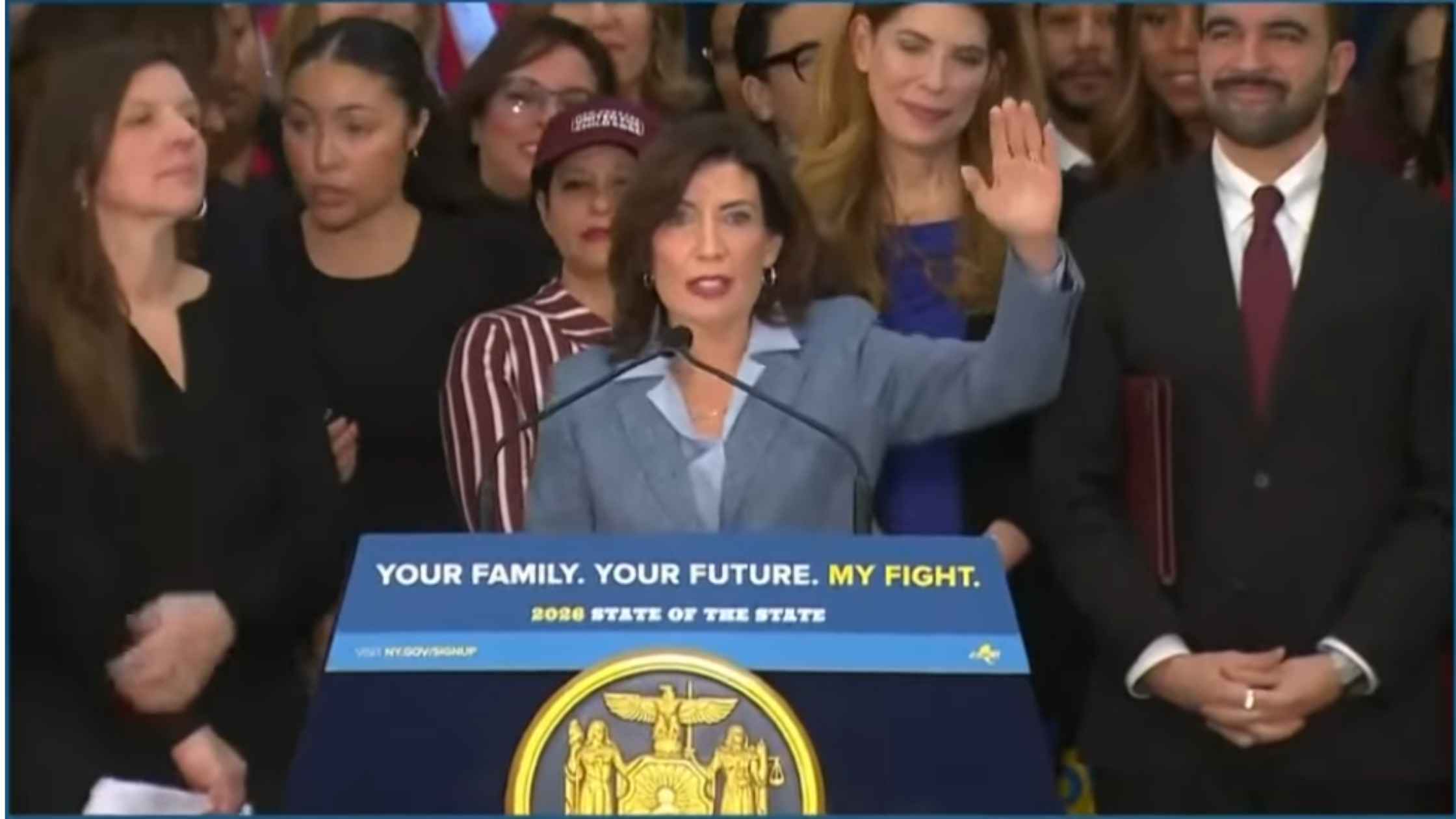
NY Universal Childcare Announcement
NY Governor Kathy Hochul and NYC Mayor Zohran Mamdani unveil a new free child care plan with a path to statewide universal childcare. Read the transcript here.

White House Meeting with Oil Executives
Donald Trump meets with oil executives at the White House to discuss potential investments to revive Venezuela's oil sector. Read the transcript here.
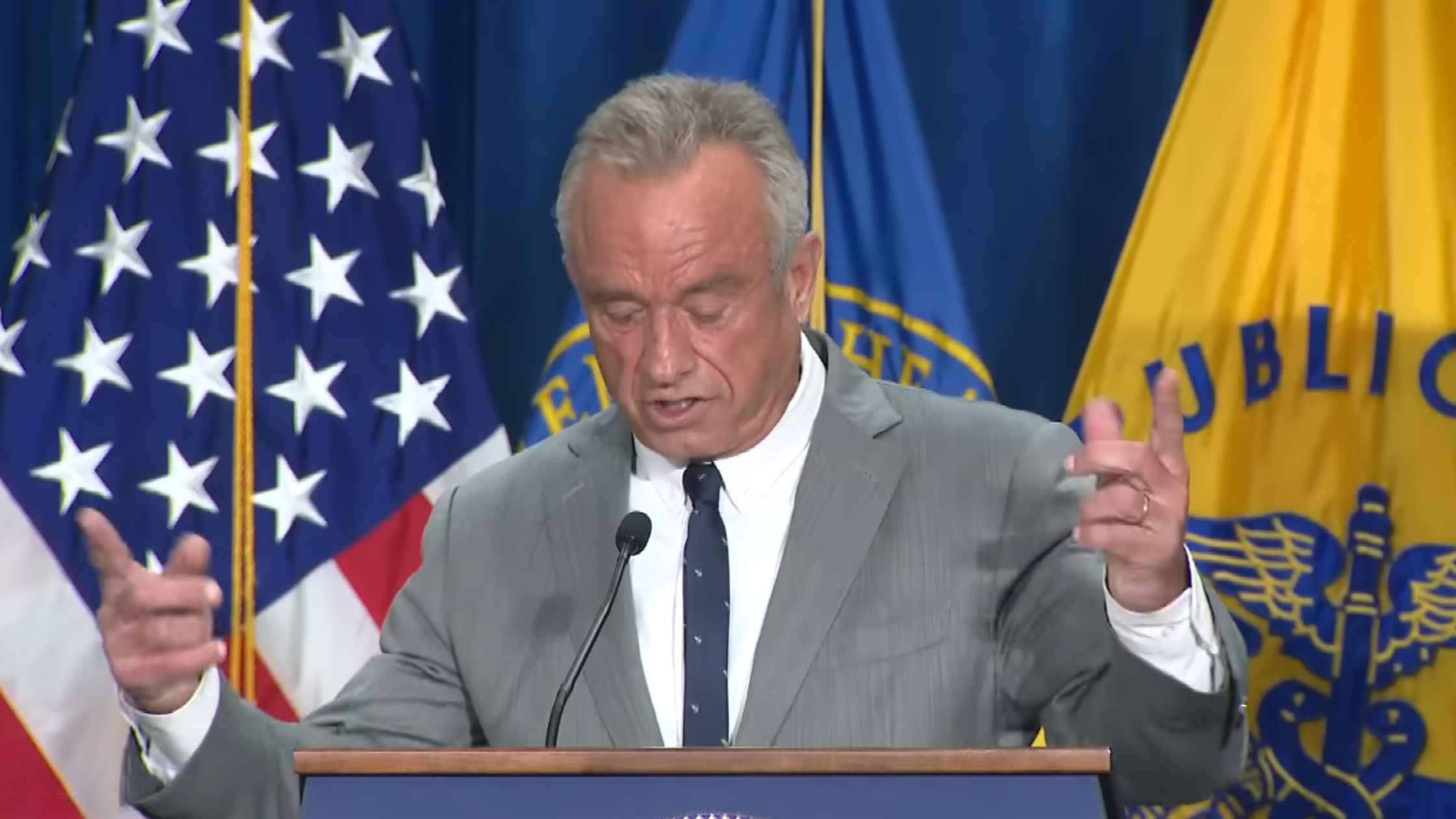
New White House Dietary Guidelines
HHS Secretary Robert F. Kennedy Jr. and other officials announced new dietary guidelines, including prioritizing high-quality protein. Read the transcript here.
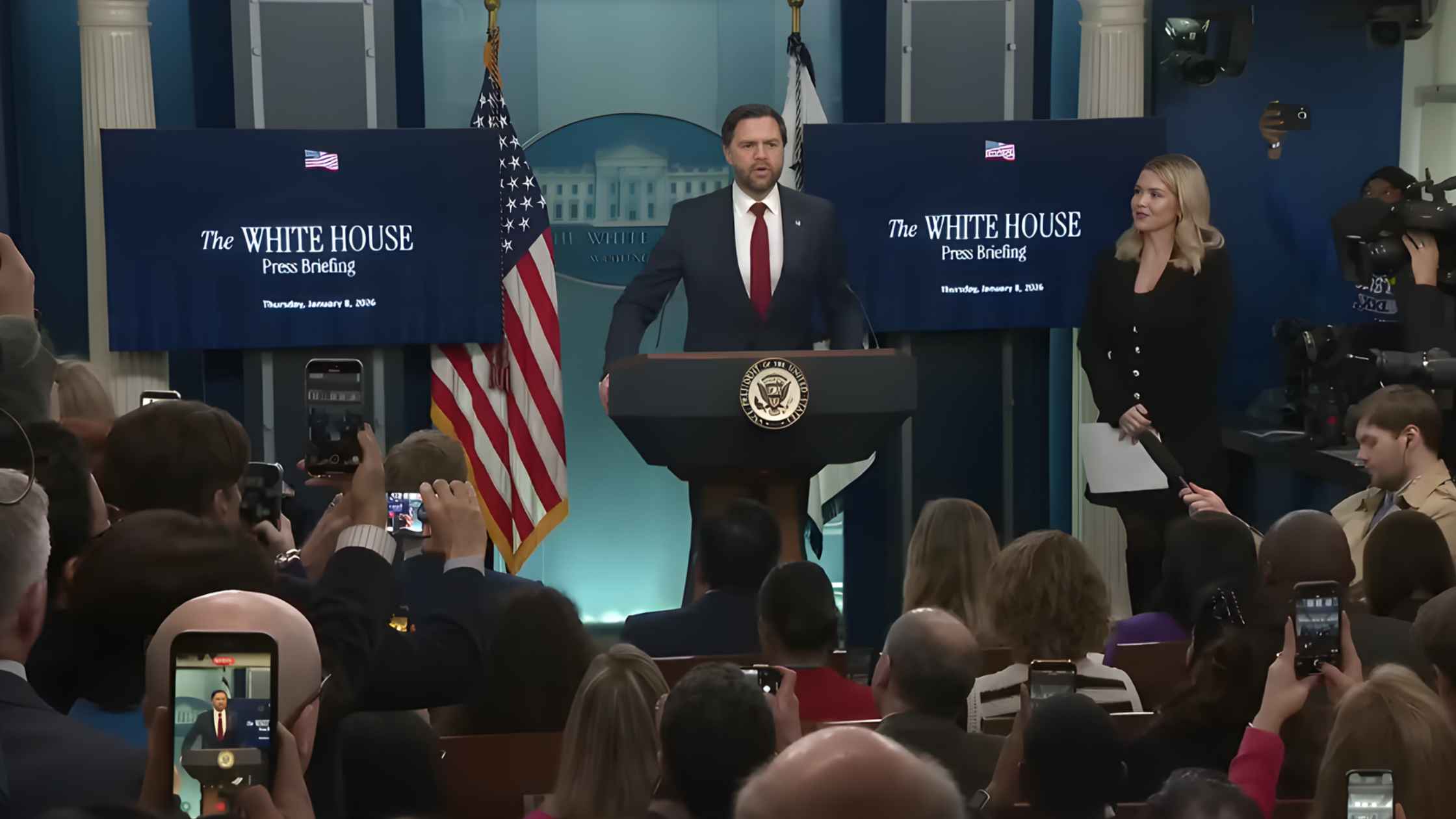
Karoline Leavitt White House Press Briefing on 1/08/26
Karoline Leavitt holds the White House Press Briefing for 1/08/26. Read the transcript here.
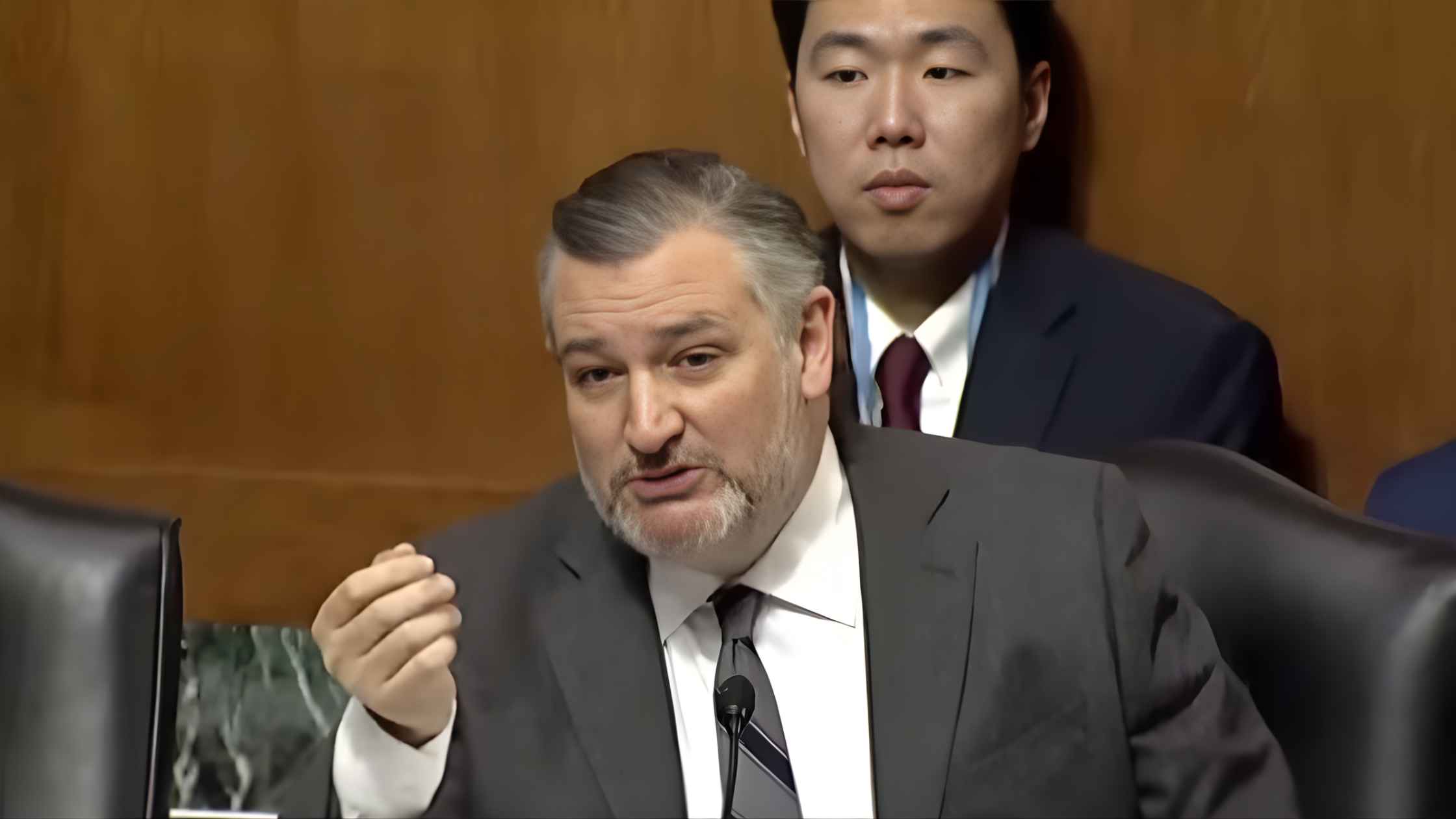
Senate Hearing on Rogue Judges
Ted Cruz leads the Senate Judiciary Committee Hearing on 'Holding Rogue Judges Accountable'. Read the transcript here.
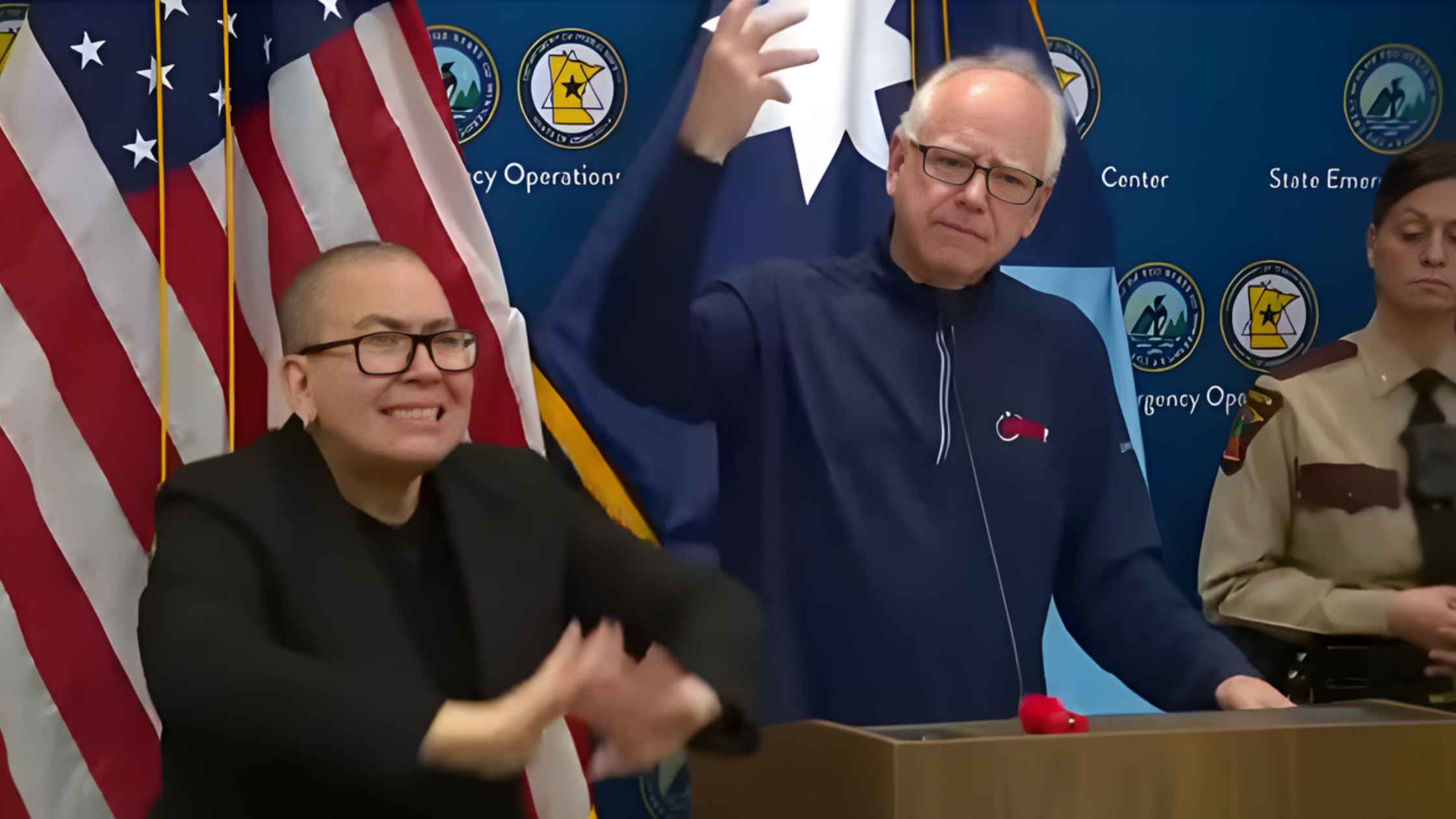
Walz Addresses Minnesota ICE Shooting
Minnesota Governor Tim Walz took questions from reporters after an ICE agent shot and killed a woman in Minneapolis. Read the transcript here.
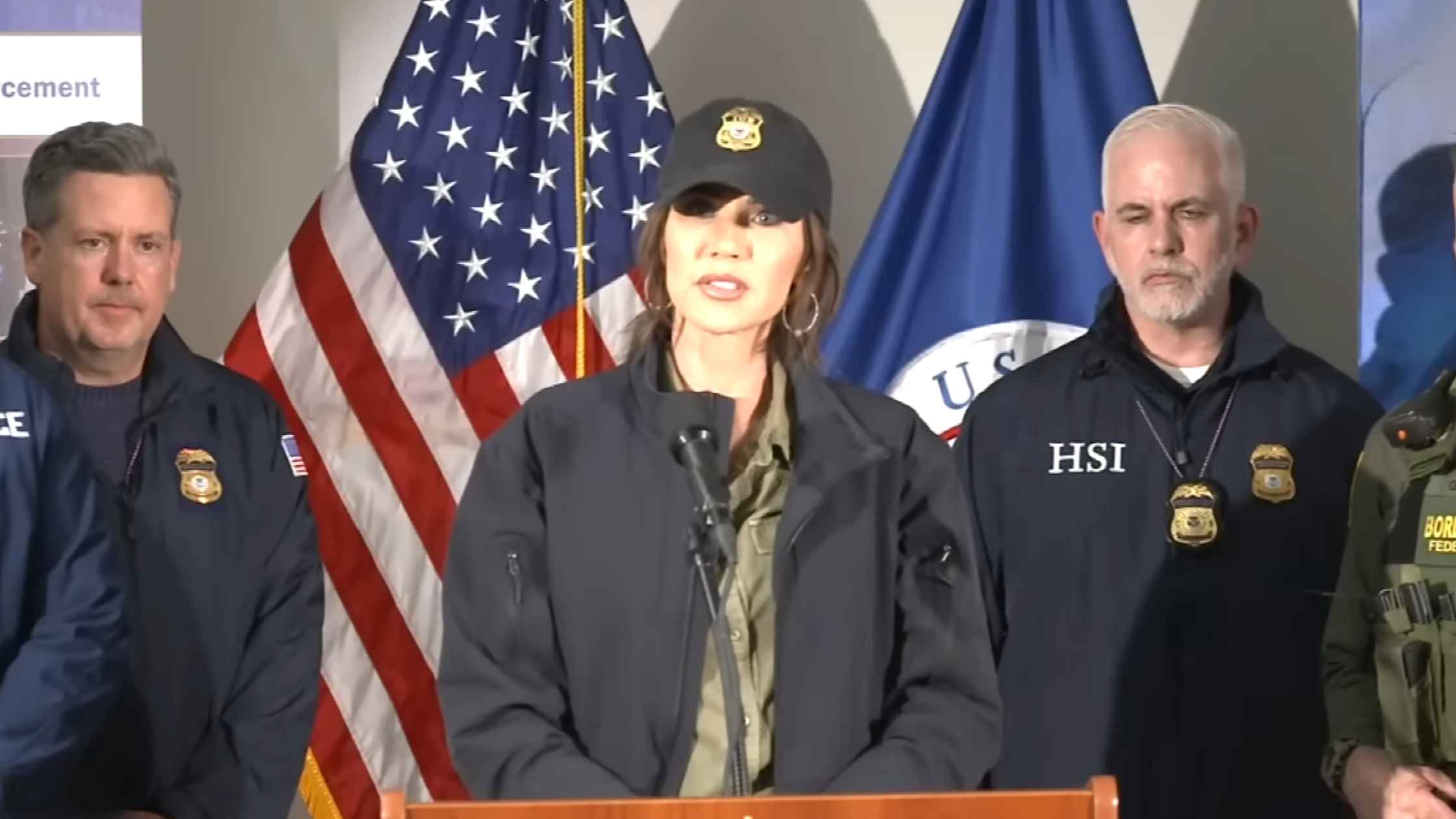
Noem Speaks on Minnesota ICE Shooting
DHS Secretary Kristi Noem holds a news conference in Minneapolis after the fatal ICE shooting of a woman. Read the transcript here.

Minnesota ICE Shooting Press Conference
Minneapolis Mayor Jacob Frey and Police Chief Brian O'Hara hold a press conference to address the fatal shooting of a woman by ICE. Read the transcript here.
Subscribe to The Rev Blog
Sign up to get Rev content delivered straight to your inbox.








